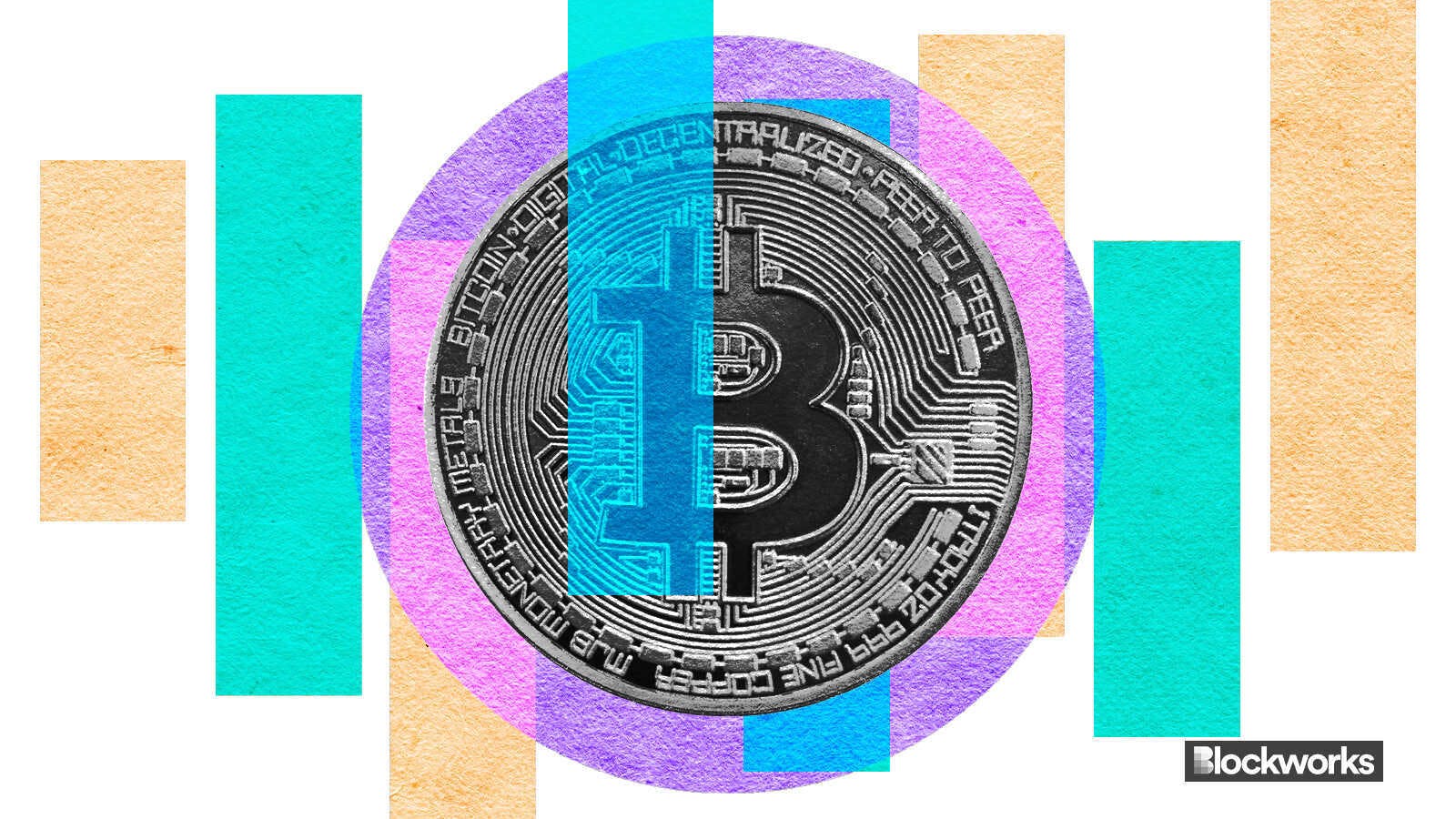Bitcoin is DeFi’s future
When projects are given access to the stability, security and privacy of Bitcoin, time and again, they make the switch

Artwork by Crystal Le
Ethereum has long held the title of premium layer-1 for decentralized finance (DeFi). It’s been the blockchain of choice for smart contract developers of all varieties.
Despite Ethereum’s issues with network congestion, security vulnerabilities and the merge to proof-of-stake (PoS), other alternative layer-1s like Solana, Algorand and Tron were unable to overcome Ethereum’s DeFi dominance.
However, with continued regulatory enforcements in the US this year changing traditional crypto users’ perspective on the industry, projects are seeking a destination to build upon that might provide more longevity as well as the trustless, secure and decentralized benefits they’ve come to expect from crypto.
Bitcoin has the potential to play the most important role in mainstream DeFi adoption.
Over the past fourteen years, Bitcoin has set itself apart from other blockchains. As the original digital currency, Bitcoin can complement the DeFi ecosystem across layer-1s, as the centerpiece of multichain DeFi.
At the time of writing, Bitcoin’s total value locked (TVL) remains nascent at $158 million, compared to its $513 billion market cap. Compared to all other chains in DeFi, which total a combined $38 billion in TVL — Bitcoin DeFi’s untapped potential is outsized.
As the only digital asset that is truly a commodity, per the Commodity Futures Trading Commission, Bitcoin is also gaining steady traction in the US regulatory landscape, as opposed to other chains.
Commentators often pit Bitcoin against Ethereum. The real “flippening,” however, is connecting DeFi to Bitcoin. Doing so gives users the best of both worlds, combining the dexterity of innovation that Ethereum brought along with the purity of Bitcoin.
The debate around bringing DeFi to Bitcoin should not be around anything other than what Bitcoin-enabled DeFi can unlock for users and developers.
Bitcoin brings DeFi back to the basics
Bitcoin’s underlying proof-of-work (PoW) consensus mechanism offers the bedrock for a global payment network separated from any one entity or governing body.
The built-in computational guarantees are enough to attract institutional investors, illustrating that it’s good enough for the power players of traditional finance. These intrinsic properties of Bitcoin are a part still missing from other DeFi ecosystems. When projects are given access to the stability, security and privacy of Bitcoin, time and again they make the switch from alternative blockchains back to Bitcoin.
Bitcoin’s potential as the safest pathway for new users to enter the world of DeFi is often overlooked, mostly due to the decades-old narratives that have built up around Bitcoin. But many of these narratives are no longer even supported by the most active of Bitcoin builders.
What makes Bitcoin DeFi stand out?
Unlike many other layer-1s that have also experienced the price volatility and regulatory uncertainties of the last couple years, Bitcoin has the predictability of the halving on its side in 2024. Historically, bitcoin halving events have created increased interest: This expected demand keeps actual network development separate from market fluctuations.
Read more from our opinion section: Bitcoin blockspace isn’t too expensive, you’re just too cheap
Bitcoin’s network effects, driven by its extensive user base, create a compelling advantage for new users venturing into DeFi. This network effect fosters liquidity, reduces friction and ensures seamless integration with DeFi platforms, making it easier for anyone holding bitcoin to access and utilize decentralized applications.
Building Bitcoin DeFi does not lack challenges, as builders still must navigate its simplistic-by-design structure to unlock usability for a broader set of users. Solutions, by way of smart contract capabilities, have been created by various layers that are already creating the functionality that Bitcoin deserves.
But Bitcoin’s robust blockchain, powered by a distributed network of nodes, provides a level of security and censorship resistance that is unparalleled in traditional financial systems.
While DeFi offers unparalleled financial freedoms and opportunities, navigating its complexities can be intimidating. In this context, Bitcoin’s status as the safest pathway to DeFi cannot be overstated. Its stability, trust, network effects, security, interoperability and regulatory compliance make it an ideal starting point for those seeking to explore the DeFi landscape.
Get the news in your inbox. Explore Blockworks newsletters:
- The Breakdown: Decoding crypto and the markets. Daily.
- 0xResearch: Alpha in your inbox. Think like an analyst.






